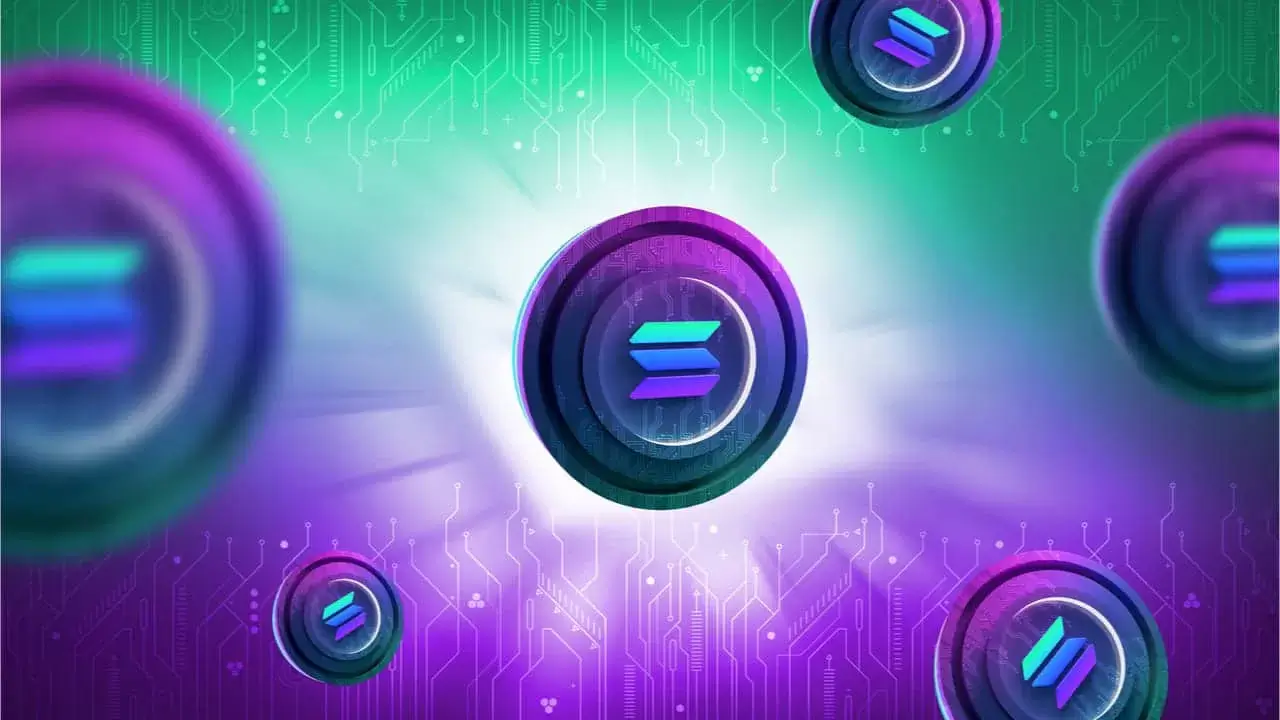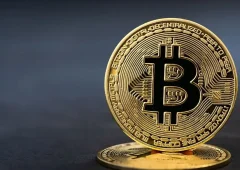Solana Explores Major Network Upgrade to Boost Performance and Capacity
01.04.2025 12:00 2 min. read Alexander Stefanov
The Solana network is exploring the possibility of expanding its Compute Unit (CU) capacity, a critical metric for managing transaction complexity and optimizing resource usage.
CUs play a role similar to Ethereum’s gas fees, ensuring efficient transactions and preventing the blockchain from being overloaded with computational demands.
Currently, Solana’s network operates with a block limit of 48 million CUs. However, there has been a shift in discussions within the community to increase this limit to improve overall performance. Some of the proposals on the table include raising the limit to 50 million CUs, while others advocate for a larger jump to 60 million CUs.
Developers behind Solana emphasize that the current limits are designed to maintain stability by allowing the majority of participants to manage the transaction load effectively. They also note that the current transaction execution times on the mainnet are not being significantly constrained, leaving room for capacity growth. The main objective behind these proposals is to provide an increase in capacity without negatively affecting the overall network stability.
Other suggestions being considered include keeping the block limits as they are, which would avoid additional strain but leave some potential capacity untapped. Some members of the community have pushed for a more aggressive increase to 96 million CUs, but this option is considered too risky, as it could create unanticipated challenges, particularly concerning the infrastructure that supports the Solana protocol. Instead, the consensus seems to favor a gradual increase in CU limits to ensure that network improvements are implemented sustainably.
-
1
Tether Ends Support for Five Blockchains in Infrastructure Shift
12.07.2025 11:30 2 min. read -
2
BNB Chain Upgrades and Token Delistings Reshape Binance Ecosystem
16.07.2025 22:00 2 min. read -
3
Chainlink Partners With Westpac and Imperium to Tokenize Finance in Australia
17.07.2025 21:00 1 min. read -
4
Solana Plans 66% Block Upgrade to Boost Network Capacity
24.07.2025 20:40 2 min. read -
5
Vietnam Launches National Blockchain to Digitize Government and Citizen Services
25.07.2025 16:36 2 min. read
Wall Street Moves Onchain: Tokenized Finance Enters its Breakout Era
The tokenization of real-world assets (RWAs) has entered a new phase in 2025—no longer a concept, but a confirmed trajectory.
Vietnam Launches National Blockchain to Digitize Government and Citizen Services
Vietnam has officially launched NDAChain, a national blockchain infrastructure designed to underpin its digital transformation strategy.
Solana Plans 66% Block Upgrade to Boost Network Capacity
Solana developers have introduced a new proposal aimed at pushing the network’s performance even further.
Chainlink Partners With Westpac and Imperium to Tokenize Finance in Australia
Chainlink has announced a major institutional partnership with Westpac Institutional Bank and Imperium Markets as part of Project Acacia—a joint initiative involving the Reserve Bank of Australia and the Digital Finance Cooperative Research Centre (DFCRC).
-
1
Tether Ends Support for Five Blockchains in Infrastructure Shift
12.07.2025 11:30 2 min. read -
2
BNB Chain Upgrades and Token Delistings Reshape Binance Ecosystem
16.07.2025 22:00 2 min. read -
3
Chainlink Partners With Westpac and Imperium to Tokenize Finance in Australia
17.07.2025 21:00 1 min. read -
4
Solana Plans 66% Block Upgrade to Boost Network Capacity
24.07.2025 20:40 2 min. read -
5
Vietnam Launches National Blockchain to Digitize Government and Citizen Services
25.07.2025 16:36 2 min. read


